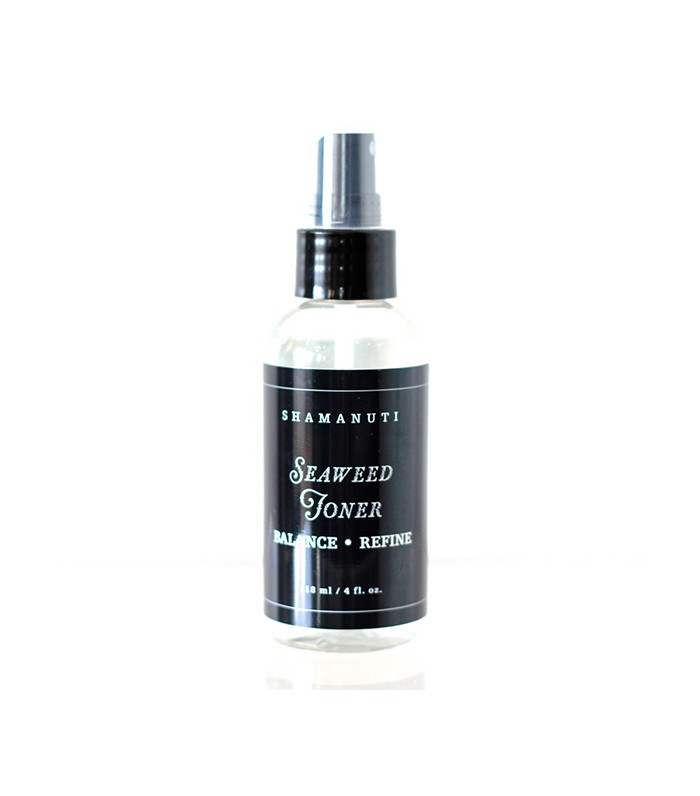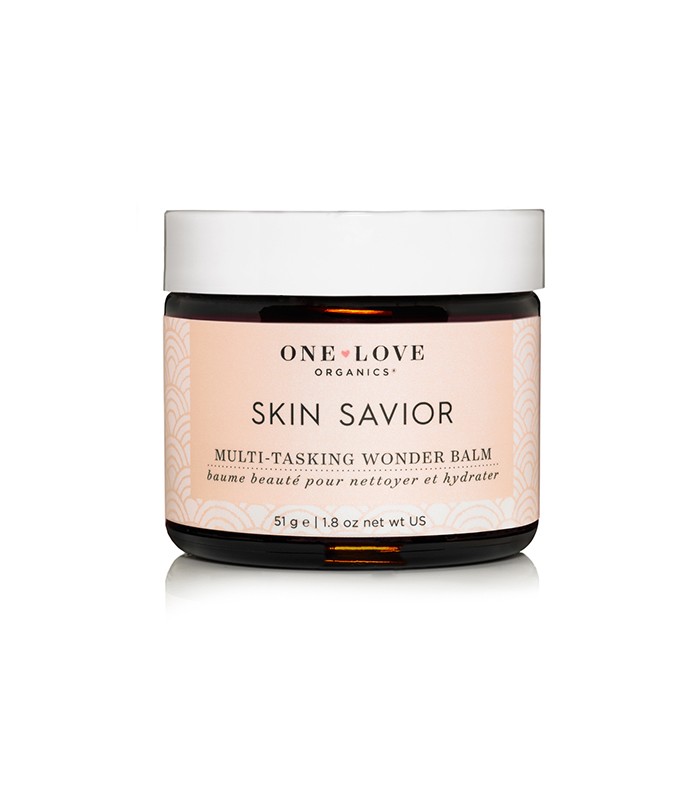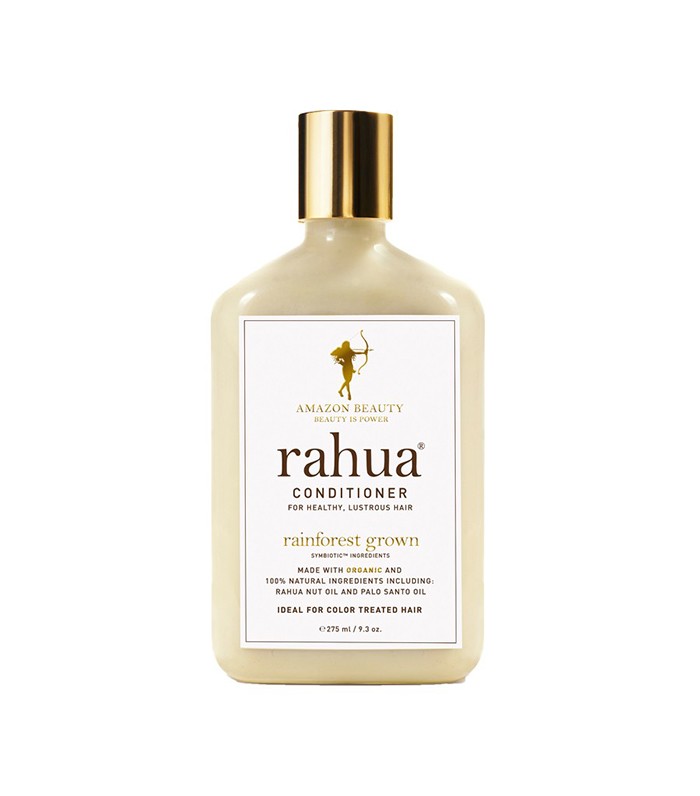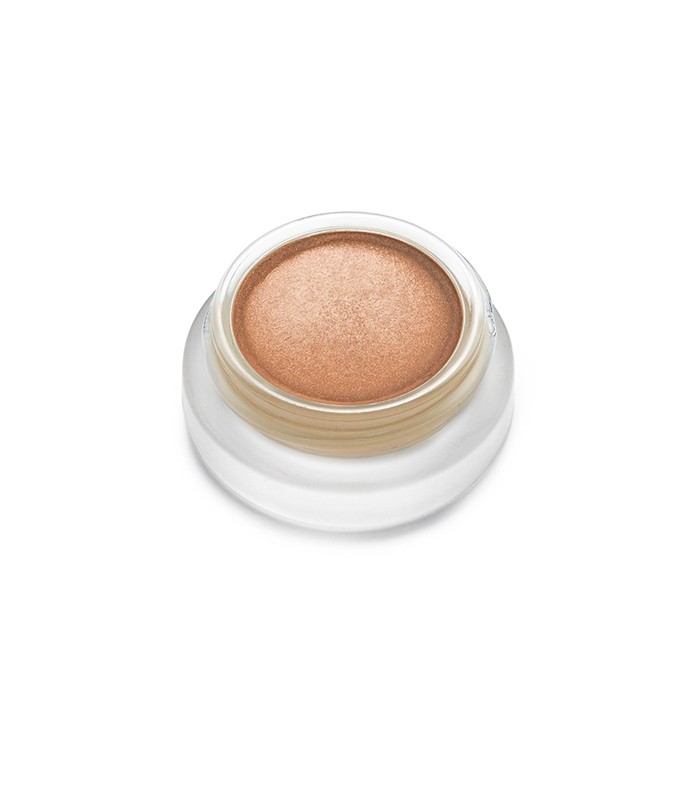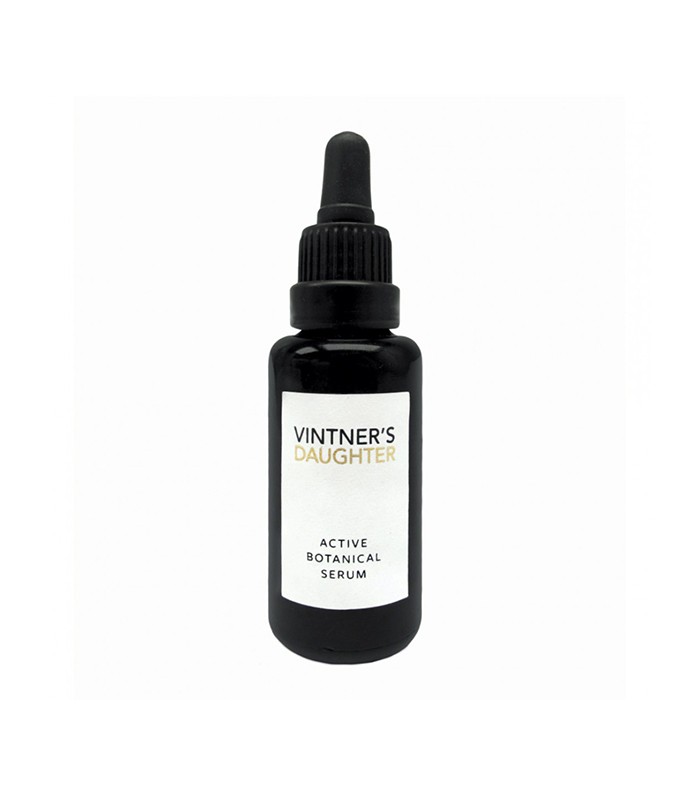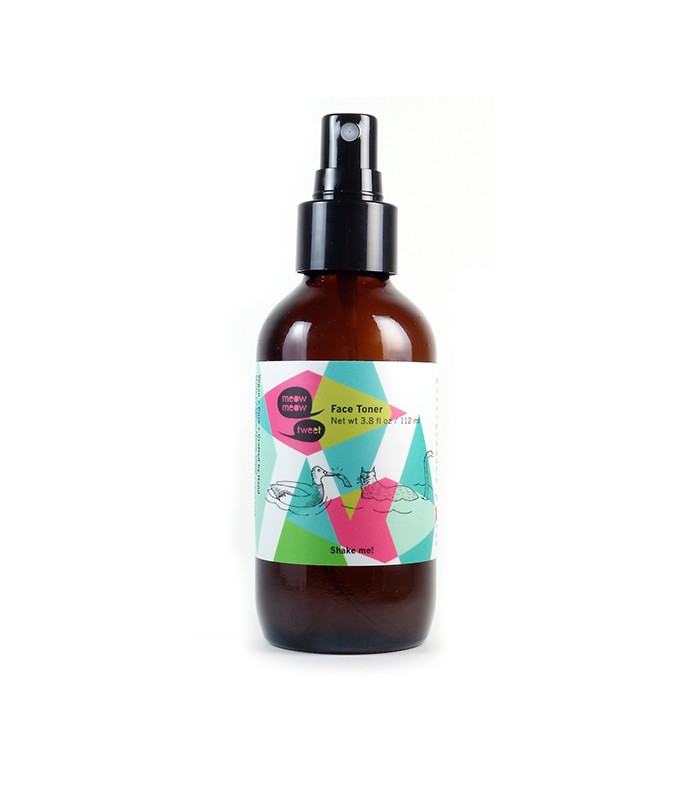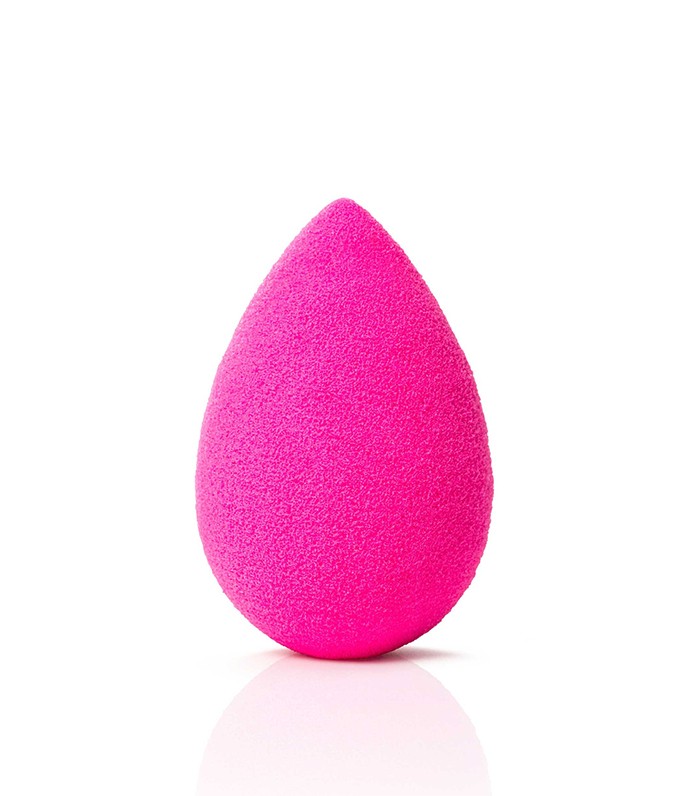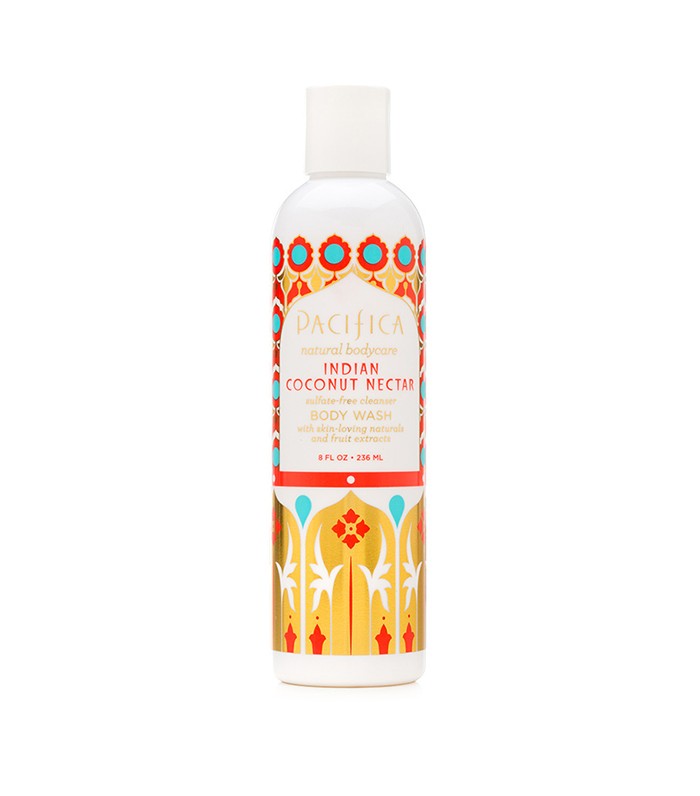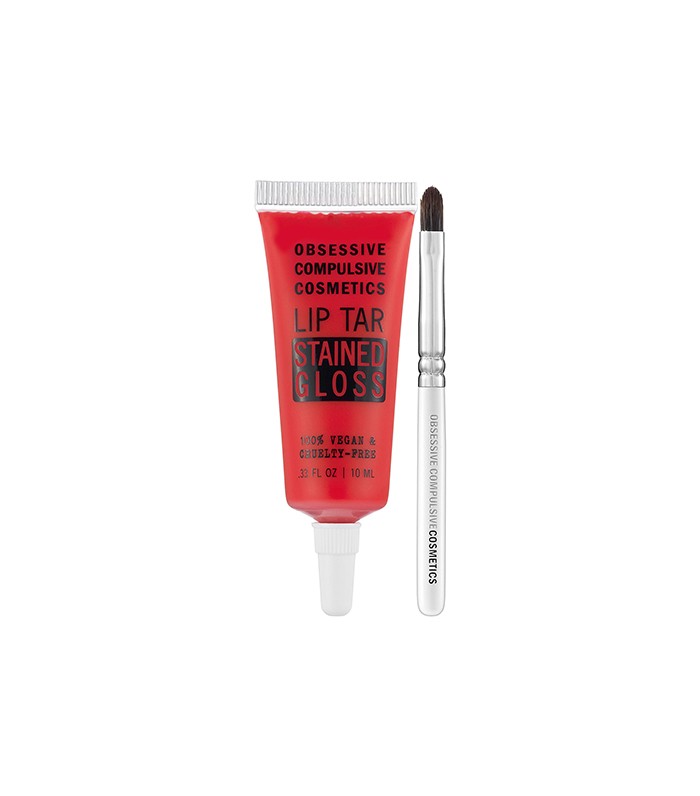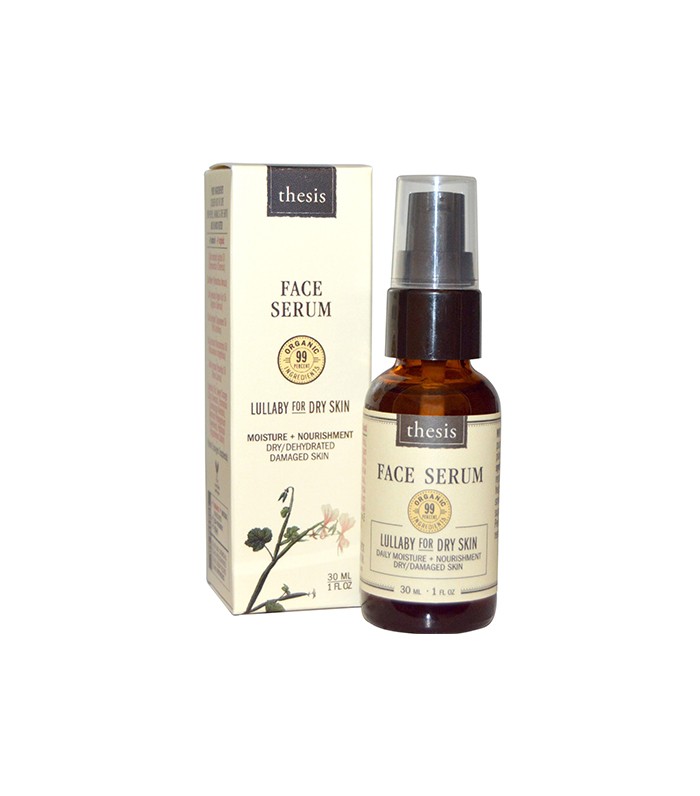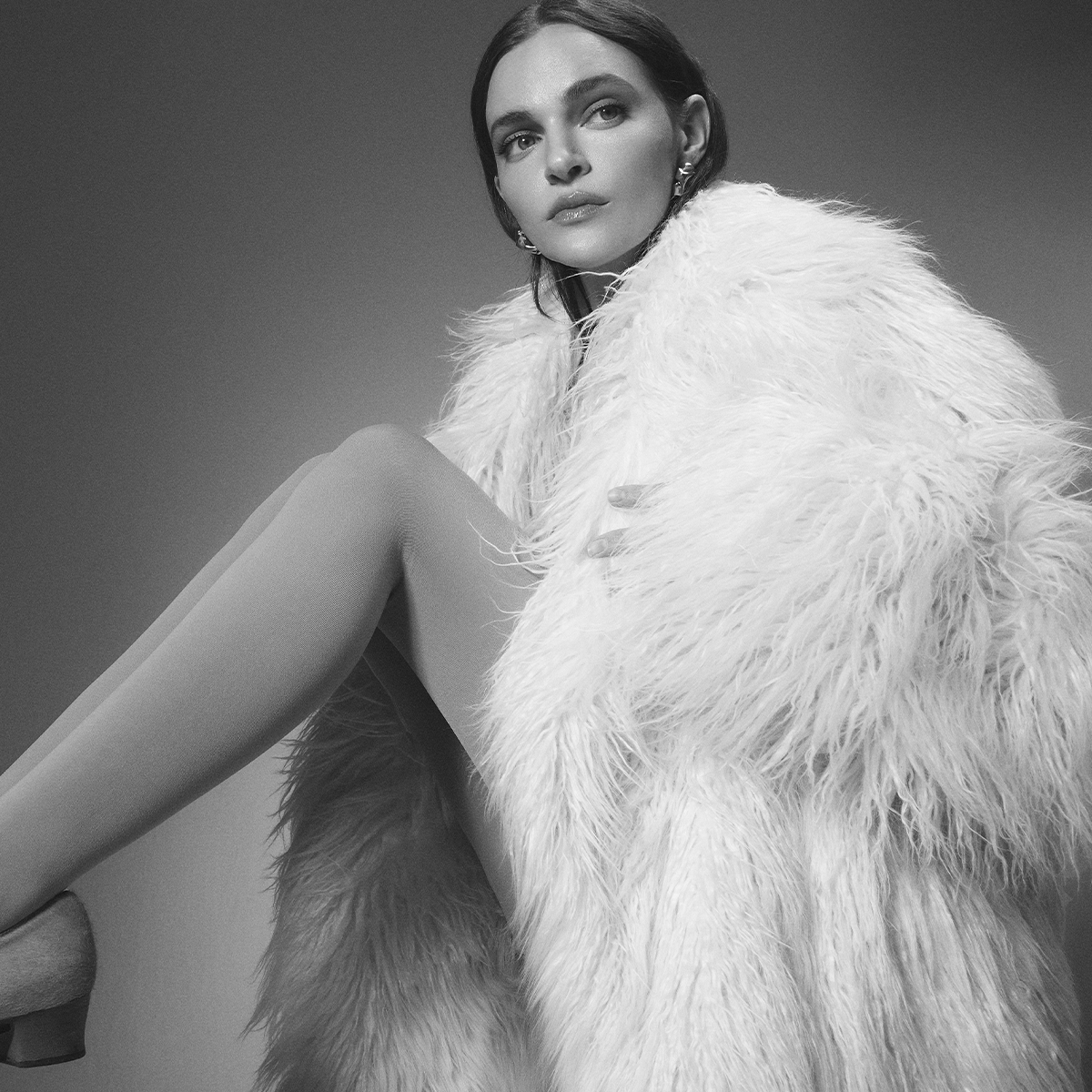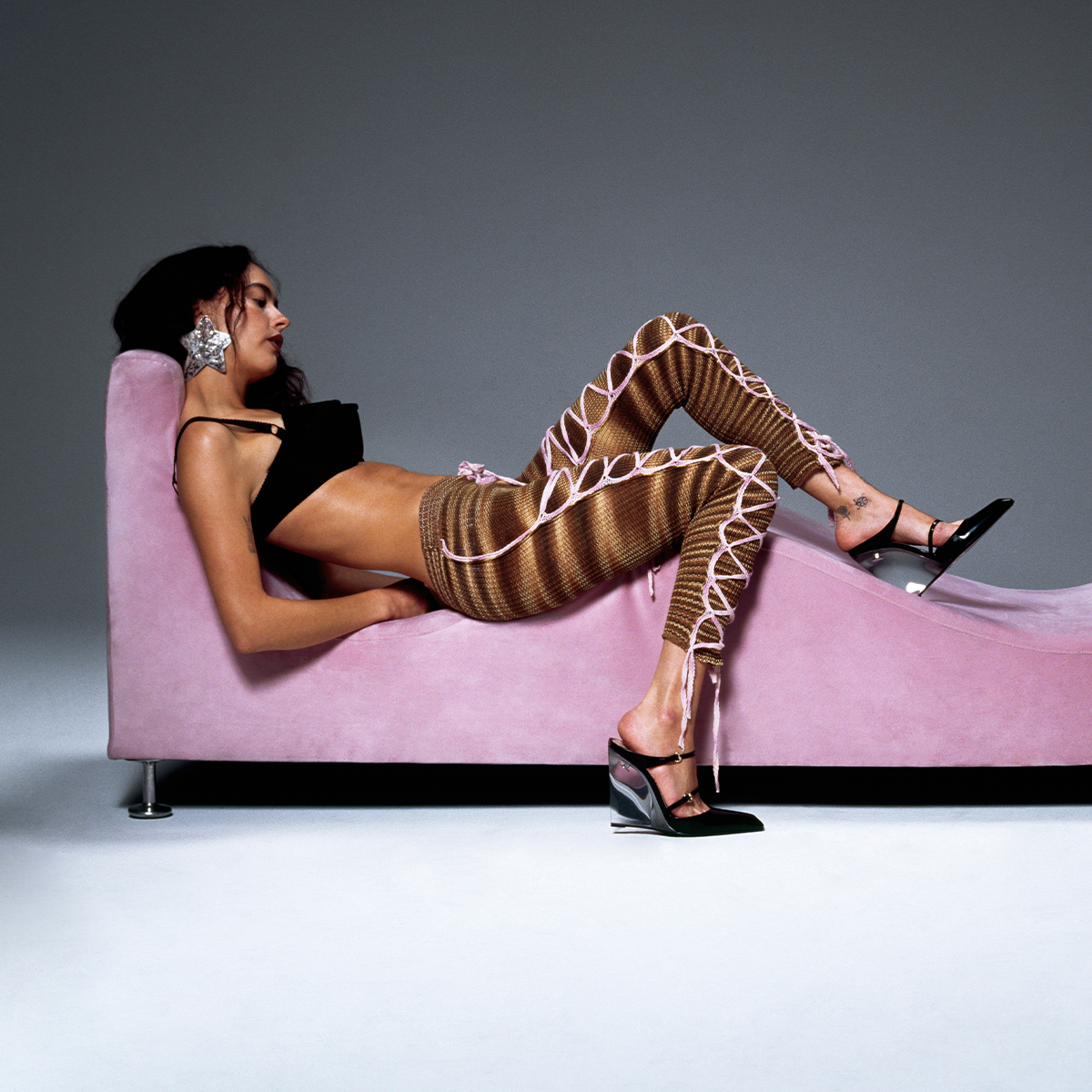A (Very) Honest Discussion About What It's Like to Be Vegan

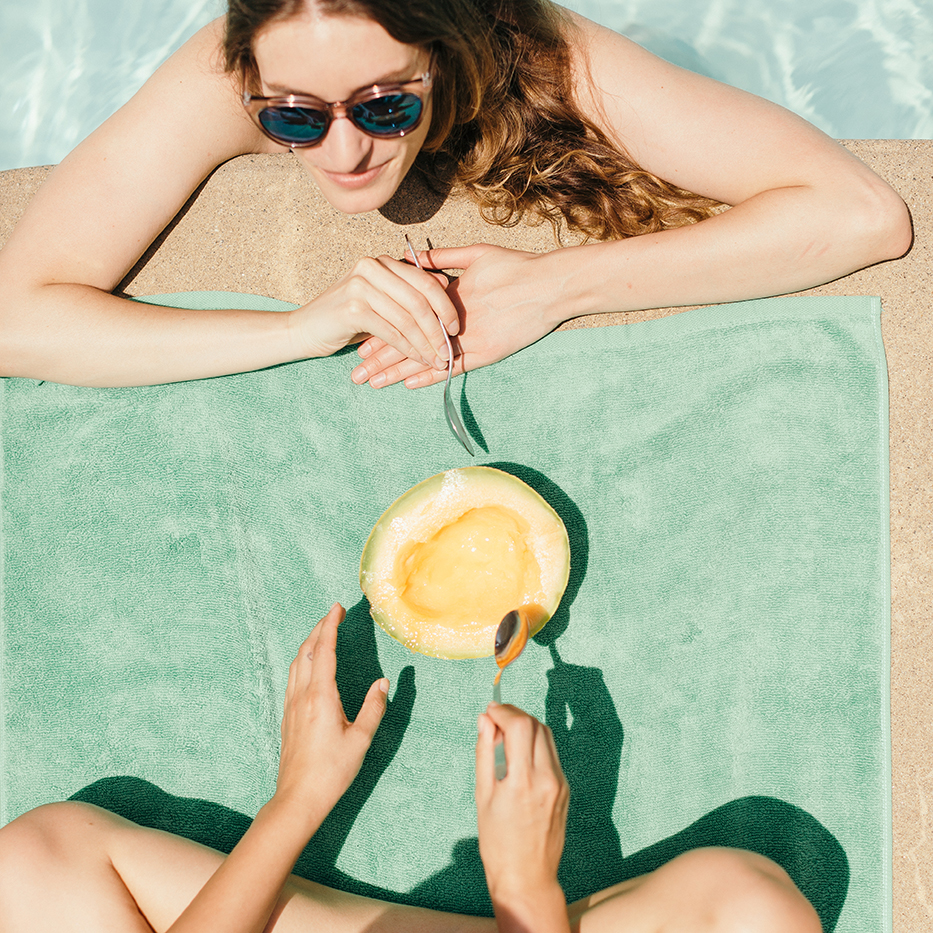
“You’re vegan? For how long? Is it really hard?” I encounter this trio of questions—usually in that order—on a weekly basis. To be clear, I never mind answering (“Yes. Six years. Not really.”), but it’s always a reminder that many people have a removed kind of curiosity about veganism—it might be fascinating, but it’s also too alien and restricting to consider. It doesn’t help that the vegan lifestyle is fraught with stereotypes and assumptions about what making that choice says about your personality.
Incidentally, Byrdie has two vegans on staff—associate features editor Amanda Montell and myself. Curious to see how these kinds of questions and preconceived notions played into our own personal experiences, we decided to hash it out, roundtable-style. And while those topics certainly came up, we were ultimately surprised to see where our perspectives intersected most: on subjects like eating disorders, dating, and feeling inadequate in the vegan community.
Keep reading to see how it all played out.
Meet Amanda
Age: 25
How long she’s been vegan: 18 months
Favorite vegan food: Obviously this is a hard decision, but ultimately, my favorite vegan food is truly a basic one (in every sense): avocado toast. A little sourdough with some hummus, avocado, salt, pep, and red pepper flakes? I mean—
Favorite vegan beauty brand: Obsessive Compulsive Cosmetics
Must-sees and must-reads, vegan edition: Forks Over Knives should be required viewing, in line with Pulp Fiction and Clueless. I also highly recommend Bonny Rebecca’s YouTube channel, which is filled with so much vegan inspiration and positivity.
Meet Victoria
Age: 25
How long she’s been vegan: Six years
Favorite vegan food: All the tacos, extra guac.
Favorite vegan beauty brand: RMS Beauty for makeup, Grown Alchemist for skin and hair.
Must-sees and must-reads, vegan edition: Anything and everything by Michael Pollan. When I read In Defense of Food ($9) in college, it was the first time I realized that I was committed to veganism for the long haul. It verbalized and clarified all the reasons why I was doing this in a way that I couldn't just yet. Several of my omnivore classmates even went vegan after reading this book! Eating Animals by Jonathan Safran Foer is also fantastic.
VICTORIA HOFF: So, veganism. What’s your backstory?
AMANDA MONTELL: I was a vegetarian for 10 years, starting when I was 12 years old. I actually can’t believe my parents even let me. But I honestly think it was because a boy I liked was vegetarian and I was like, “Wow, yeah, being vegetarian is so cool. I’m going to do that too.” Also, when you’re 12 years old and embarking on your teenage years, you just want to take ownership of your life, like, This is my identity now! So I became a vegetarian, and I would be lying if I said that it didn’t eventually become a way for me to reject food. You remember what it’s like to be a teenager—you’re really grumpy all the time when you’re around your family and self-conscious about your body. They would try to get me to eat such-and-such and I would be like, I’m a vegetarian!
The first vegan I met was a girl in my high school—she was vegan, but she clearly had a serious eating problem, and she was like an extreme version of me. She would use her veganism to deny food altogether. And veganism was such a part of her identity; she would just talk about it and preach about it all the time. She had a very extreme situation, so I always just associated veganism with eating disorders and extremism. I didn’t see it as a lifestyle from an ethical perspective whatsoever.
But for me, several years later, going vegan was inspired somewhat by Los Angeles and how it’s so common here. It was also really just because of the Internet, and educating myself and seeing what veganism really meant. I also think it came with getting older: You enter your mid-20s and it’s been a while since you’ve been in college and didn’t give a shit about what you ate, subsisting on wine and, like, Wheat Thins. At a certain point you think, I need to start taking care of myself; I’m an adult now. And it just so happened that I discovered an online vegan community on Youtube around this time. It just spoke to me and I decided to give it a go.
It was in November that I decided to go vegan—it was harder than I had expected, so I gave up [at first]. But then I thought, no, I’m an adult, and this is important to me. I want to do this for my body, but I also want to do it for so many other reasons. I’m a pet owner now, and I feel more giving as a person, as I get older. I thought, This is the least I can do for the environment and animals and my body. That’s what it comes down to. So, what about you?
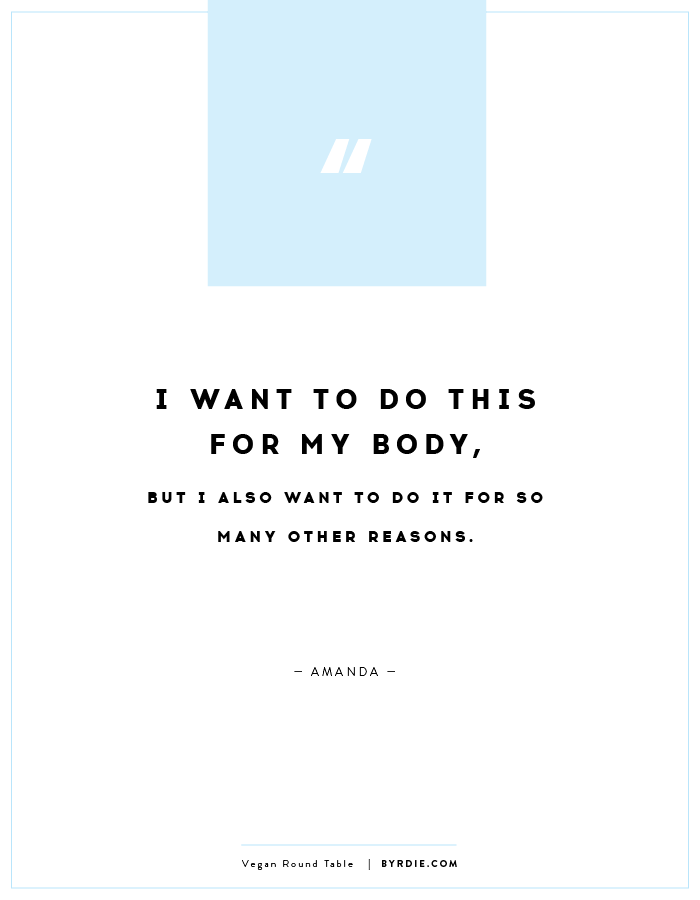
VH: Our stories really aren’t that different, especially from the beginning. When I was 12 I just decided that I really liked cows and that they were really cute. It was a weird middle school phase, so I stopped eating beef and then red meat. Then, like you, it just became this cool thing that I was doing to separate myself from other people. Then I got to college, dabbled in vegetarianism, but I was mostly eating meat and gained the freshman 15. Then I became a vegan as a way to lose weight, and that spiraled out of control really fast. So then for me, it really became something that was associated with an eating disorder.
AM: That’s how I always saw it, especially because of that one girl I mentioned. You know, I grew up in suburban Baltimore, and I didn’t have a vegan community. I mean, I’m sure that one exists, but I didn’t have access to it as a teenager. Honestly, I still associate veganism with eating disorders, but now I don’t associate veganism with people who have eating disorders. I associate veganism with people who have overcome them. I’ve found, through a lot of the vegan YouTubers that I watch and subscribe to, that roughly half of them or more used to have an eating problem. And veganism really is this lifestyle that encourages bounty, so that helped them reset their relationship with food.
VH: Yeah, and that sort of mirrors my experience with it, because at the time I didn’t do any research on it. It was just a way for me to say I can’t have dairy, meat, cheese, anything, and I can only eat these veggies. I didn’t do any research on what protein I needed to get or anything like that.
AM: It was a form of restriction.
VH: Exactly! So when I was trying to gain weight again, I began eating some meat, dairy, and fish again. But it was also around this time that I began reading about factory farming. I’ve always had this deep-seated love of animals, so it just didn’t feel right, and I decided to go vegan again. My parents freaked out because they thought I was trying to restrict again, but I really was determined to do it the right way this time, and make sure my diet was nutritionally sound.
And I was doing it for the right reasons, too. A little while later I took this amazing class at NYU called “Food, Animals, and the Environment,” which really dove into our factory farming system and opened my eyes to how messed up our food system is. All of those documentaries on Netflix, everyone should watch them.
AM: Forks Over Knives, Food Inc.—
VH: All of them. It’s not even about forcing you to become a vegan or vegetarian; it’s just inspiring you to make more conscious decisions about your food. By educating myself on all that as well as from a nutritional standpoint, I began to realize how satisfying this lifestyle could be in every respect. And it was fun—I loved (and still do!) going to the farmers market and finding all this amazing fresh produce and learning how to cook it all. That was five years ago, and here I am!
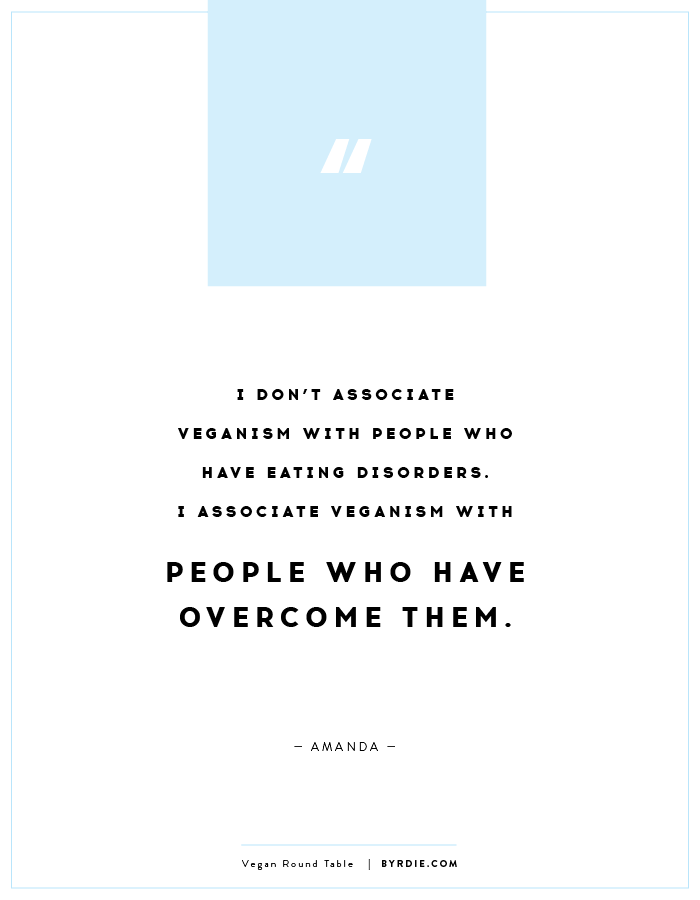
AM: Obviously I’m still learning, because I began three months ago, but it really isn’t a diet. It isn’t a diet at all. I can actually say that I have never had a healthier relationship with food than I do now. But I came to it really not as a diet at all, it was really just me witnessing those people online. And of course those are real people living this way who just seemed so happy! And food is everything! Food is how we live and what connects us to our environment.
VH: It’s about making conscious decisions about the planet you live in. I think that alone is just so underrated and people just don’t realize it because we’re not taught these things unless we seek the information out ourselves. And that’s also why I have a problem with vegans who are very militant. I think we should be emphasizing education in a positive way, rather than telling people that they’re wrong and their decisions make them horrible human beings. If that’s your approach, people aren’t going to listen to a word you have to say. My whole family still eats meat, and I remember how excited I was when my mom started buying things that were organic, grass-fed, and free-range. That little step is huge! And I think everyone needs to know that those little things really do make a difference.
AM: I think within veganism, like so many communities—feminism, religion, and everything in between—there’s a lot of shaming. Especially when you are surrounded by more-or-less like-minded people. It’s like human nature to want to divide into groups and alienate some people and create these factions of right and wrong. Especially online, too, because I feel like my vegan community really is online and is on YouTube and Instagram and stuff. There really is so much shaming, and I think it’s all coming from a good place; like No. I really believe in this cause and believe that everyone else should stand up and do the right thing as well. At the same time, that is extreme to me. You can never force someone to do something they don’t want to do.
VH: It’s like exercise! If you decide one day you want to start running, you’re not going to immediately do five miles every day without burning out! You have to work your way up to it. I think we should be encouraging people to take those first steps and just be supportive. Start out by saying, “Hey, watch this documentary on Netflix.”
AM: Or just lead by positive example.
VH: Exactly!
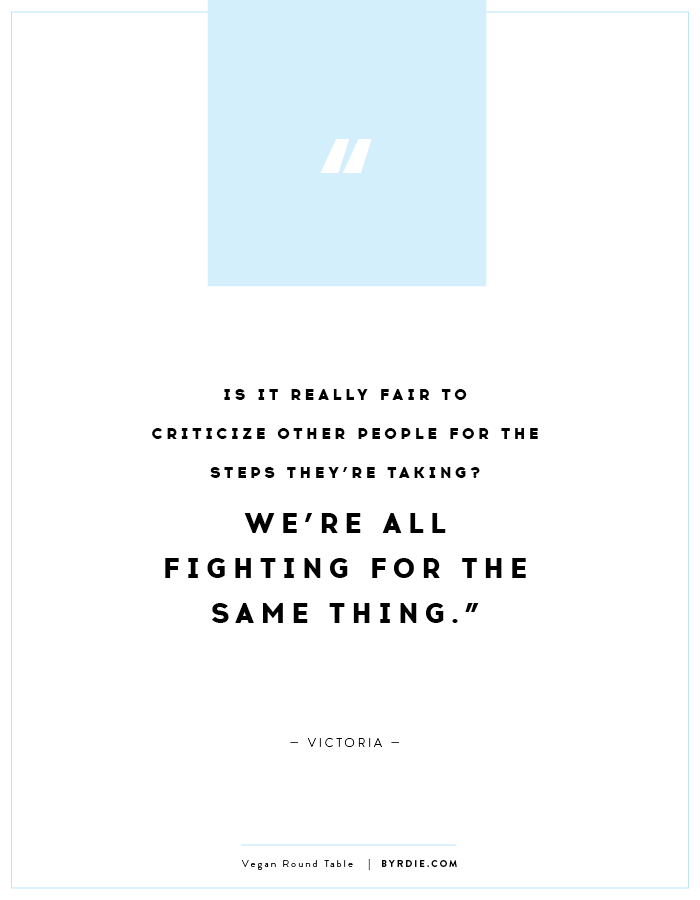
AM: That’s what helped for me. I never had a single person tell me to go vegan; I was just passively observing their lifestyle full of so much color and bounty and that really appealed to me, because I was eating so mindlessly. I was living mindlessly in a lot of ways. I was eating crap and not paying attention to it. And I’m still working on this, and I still eat processed food and I’m trying to be more conscious. I just think of some vegans who single out people and criticize their diet and their lifestyle. And I’m just thinking, we are on the same team and yet they would still decimate our diets, probably. No, we’re on the same team!
VH: Right—is it really fair to criticize people for the steps they’re taking? We’re all fighting for the same thing. Technically, I’m not even supposed to call myself “vegan,” because while I eat a vegan diet, my lifestyle isn’t completely vegan. I own leather even though I’m trying not to purchase that stuff anymore. It’s hard! That’s the other thing people need to understand, why it shouldn’t be such an all-or-nothing thing. It’s not just the diet—you’re overhauling your entire lifestyle if you’re really committing to it. It’s a lot. Beauty products were a much easier transition for me, and that came almost immediately after.
AM: I think it’s also a lot easier to get information about what’s in your beauty products. I feel like you would really have to dig to find out exactly where your clothes are coming from. Which is why I do own a lot of secondhand clothes, because I feel like I’m not directly contributing.
VH: But you can make the argument that anything is bad. Like, this shirt is made of 100% organic cotton, fine—but was it manufactured locally? What were the factory conditions like?
AM: It’s like, yo, we’re all just doing our best! Ultimately, that’s how I would describe veganism for me: It’s just me doing my best to be a conscious adult and do what I think is good for the world and my body.
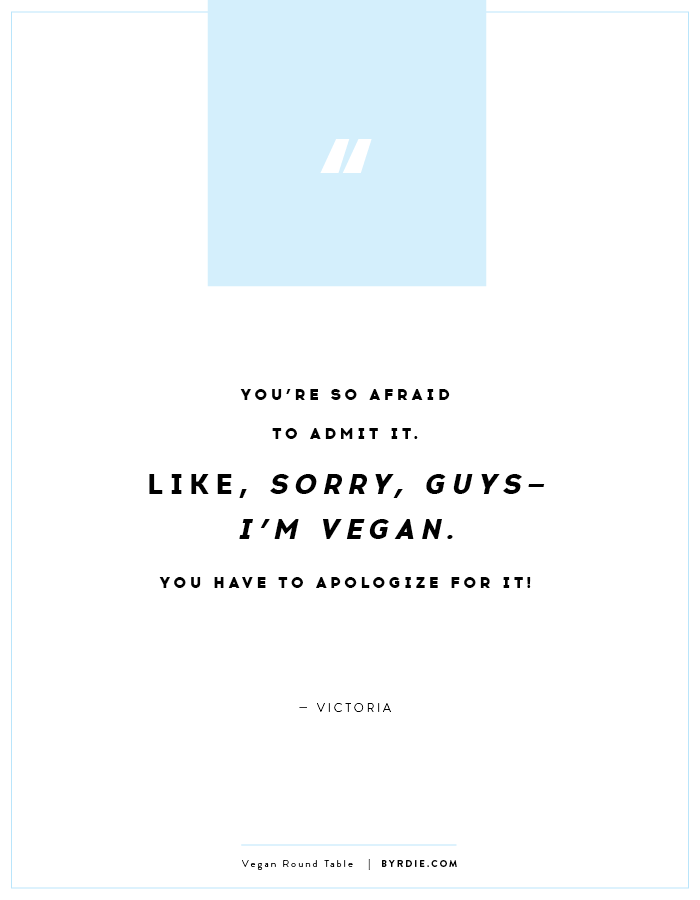
VH: And if we look at shaming from the flipside, people are not always receptive to the fact that you’re a vegan.
AM: Oh no, not at all. I actually understand it 100%, and it’s just fear of the unknown. People want to criticize something they’re not familiar with and people want to criticize something that makes them insecure. Because when you say, “I’m doing this for the environment and my body and for the world and for the animals,” and they think, Oh, what, does that make me a piece of sh*t? You’re crazy! You’re totally nuts!
VH: People often like to assume that you’re crazy or a perfectionist or have an eating disorder. A lot of people in my life just aren’t familiar with the lifestyle. It’s not what they know, so they assume it’s a problem. The judgment is so widespread that I’ve literally gone on dates where I lie about being vegan because people just shut down when they hear that; it’s a turn-off. It’s stupid and I shouldn’t care, but it happens.
AM: And these stereotypes are very deep-seated in American culture. Meanwhile, there are cultures around the world that embrace veganism! Like, massive cultures full of millions of people.
VH: For thousands of years!
AM: I guess you have to just act super chill about it. It’s a similar experience to going out with new friends, like, we’re getting appetizers—
VH: And you’re so afraid to admit it, like, Guys, I’m sorry, I’m vegan. You have to apologize for it! It’s really hard because it really is just this thing that you have to adopt as your identity, even as much as you don’t want it to be. It’s really hard to separate yourself from that. Like you said, it’s really hard to be seen as the chill vegan, so you feel like you really have to play it up.
AM: Totally! I mean, I feel like I do surround myself with a lot of vegans, and a lot of my friends have come out of the woodwork and said that they’re vegan, and I didn’t even know that. You know, because they felt like they had to keep it a secret, because I was just like, PIZZA!!! I love pizza, I’m the pizza girl! And that’s cool—everyone wants to be friends with the pizza girl. Nobody wants to be friends with the seitan girl, you know? But it’s positive once you surround yourself with like-minded people, as with anything.
VH: So, you’re a few months in—the beginning is kind of a crucial stage. What are your thoughts on messing up or breaking vegan by accident?
AM: So, at the beginning it really stressed me out, and my thought process was like, If I can’t do this 110%, I shouldn’t do it at all, but I feel like I mess up and accidentally eat non-vegan stuff a lot. I’ll eat bread with whey or a piece of dark chocolate with milk byproduct in it. I still identify as vegan. I’m trying my best not to slip, but I’m also giving myself a little bit of slack.
VH: It also doesn’t help that the most random things that should be vegan aren’t and some of the things that really should not be vegan are, like Oreos and Doritos. Like, excuse me?
AM: I think that at the end of the day, I do just try and do my best, and sometimes I don’t. Like some days I’ll have a terrible food day where for breakfast I’ll eat, like, a sh*tty Luna bar and for lunch I’ll eat some expensive sugary dried fruit and for dinner I’ll eat a crappy microwavable Amy’s vegan bowl. Like, that is a terrible food day!
VH: And I think people don’t understand that being a vegan is not synonymous with being healthy at all. I’ve met vegans who literally all they do is eat synthetic meat substitutes and Doritos and vegan ice cream. It’s not necessarily a healthy lifestyle; it’s like any kind of diet or lifestyle. It’s what you make it.
AM: It really is what you make it. But there is nothing that makes me happier and puts me in a better mood than having a great food day. I think I’ve always been like this, even when I wasn’t vegan. To look back on your day and be like, that breakfast was bomb and so was that lunch, and that dinner was so great!
VH: Like, I feel great!
AM: That’s just such a good feeling.
What do you think about our discussion? Any thoughts or revelations about veganism you’d like to share? Let’s get the conversation going in the comments below.
This story was originally published at an earlier date.
Disclaimer
This article is provided for informational purposes only and is not intended to be used in the place of advice of your physician or other medical professionals. You should always consult with your doctor or healthcare provider first with any health-related questions.
-
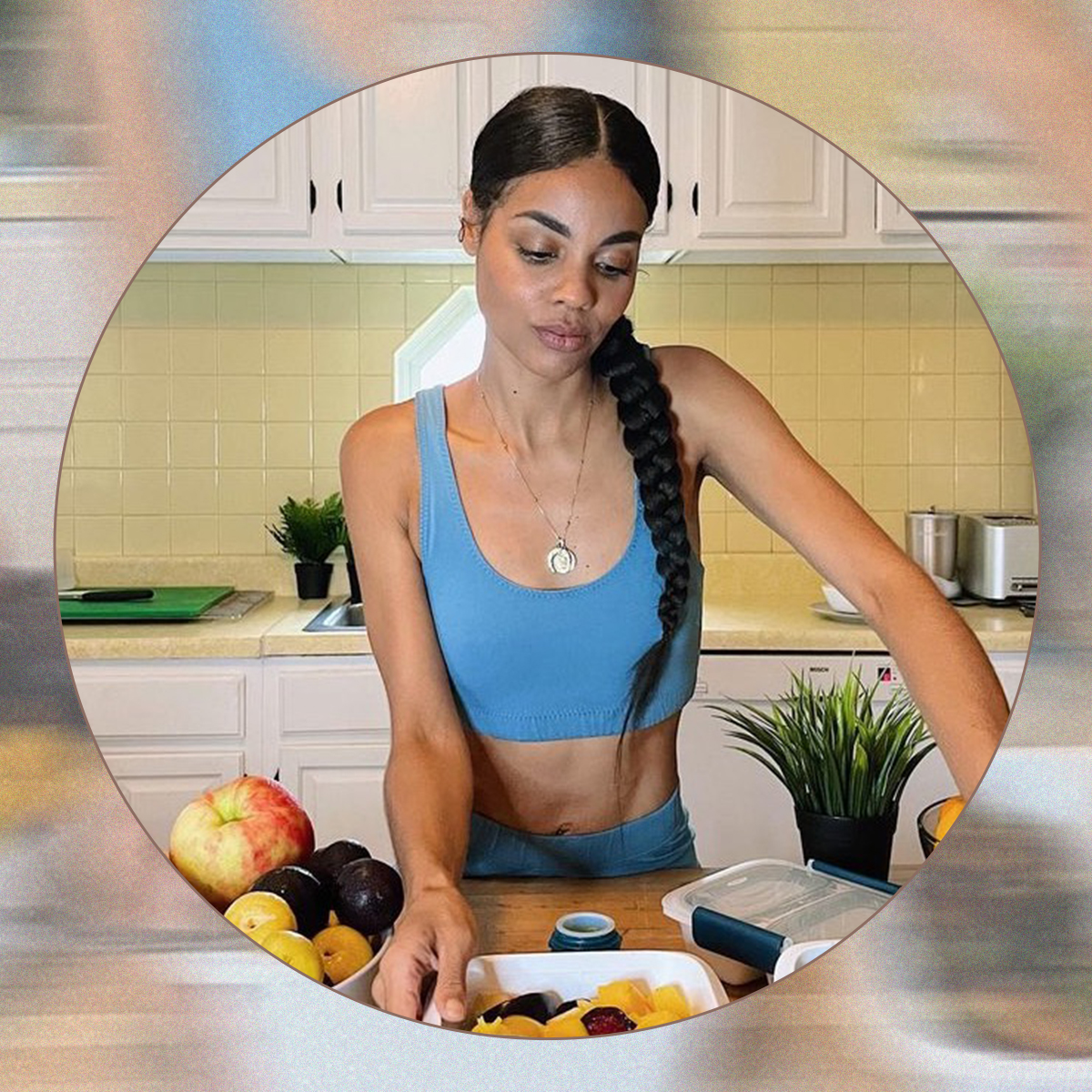 This Former Fashion Blogger Co-Founded a Vegan Food Truck—Here's How She Did It
This Former Fashion Blogger Co-Founded a Vegan Food Truck—Here's How She Did ItNow she's focusing on nutrition and mental health.
By Jenn Barthole
-
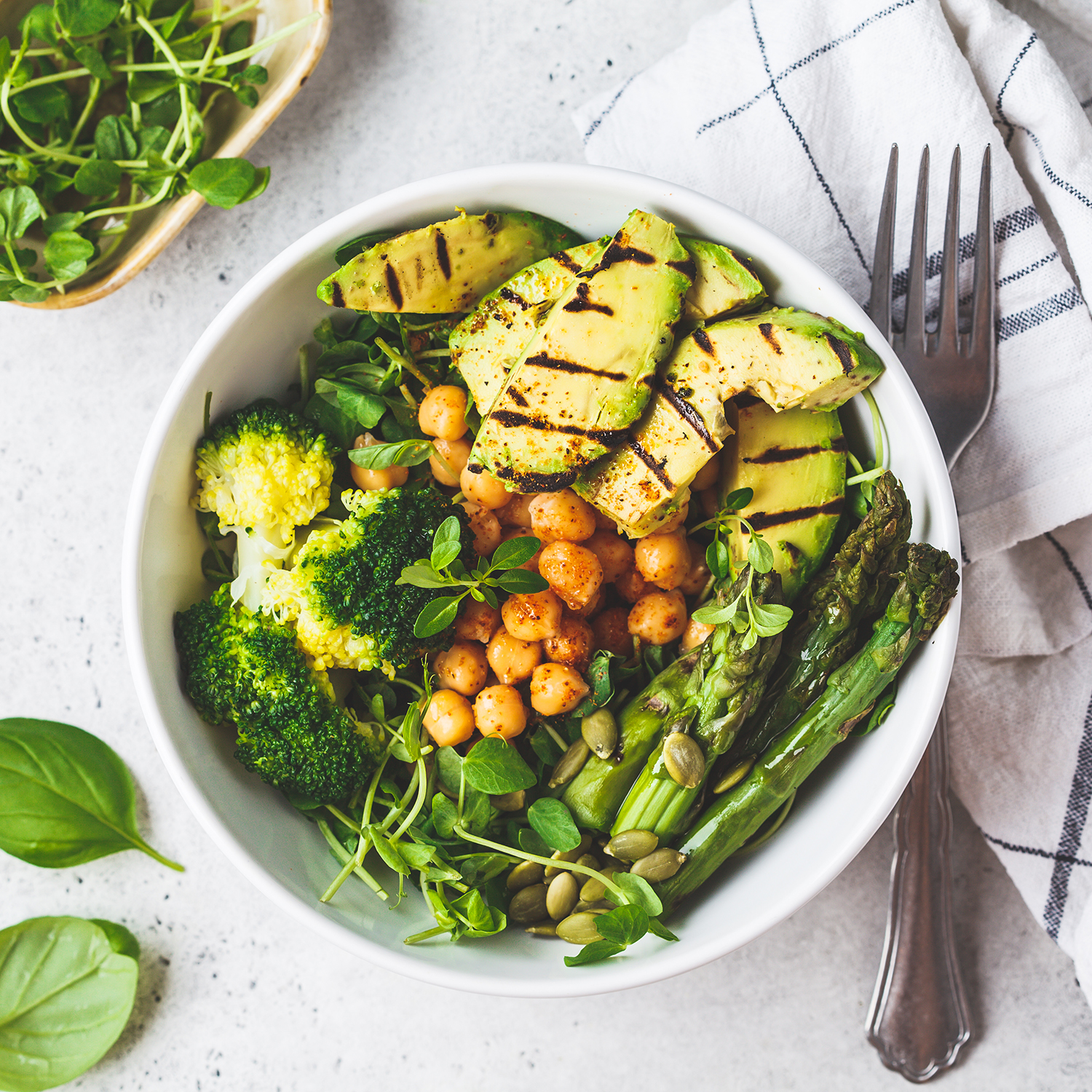 These Are the Vitamins You Might Not Be Getting Enough of on a Vegan Diet
These Are the Vitamins You Might Not Be Getting Enough of on a Vegan DietImportant info.
By Sarah Yang
-
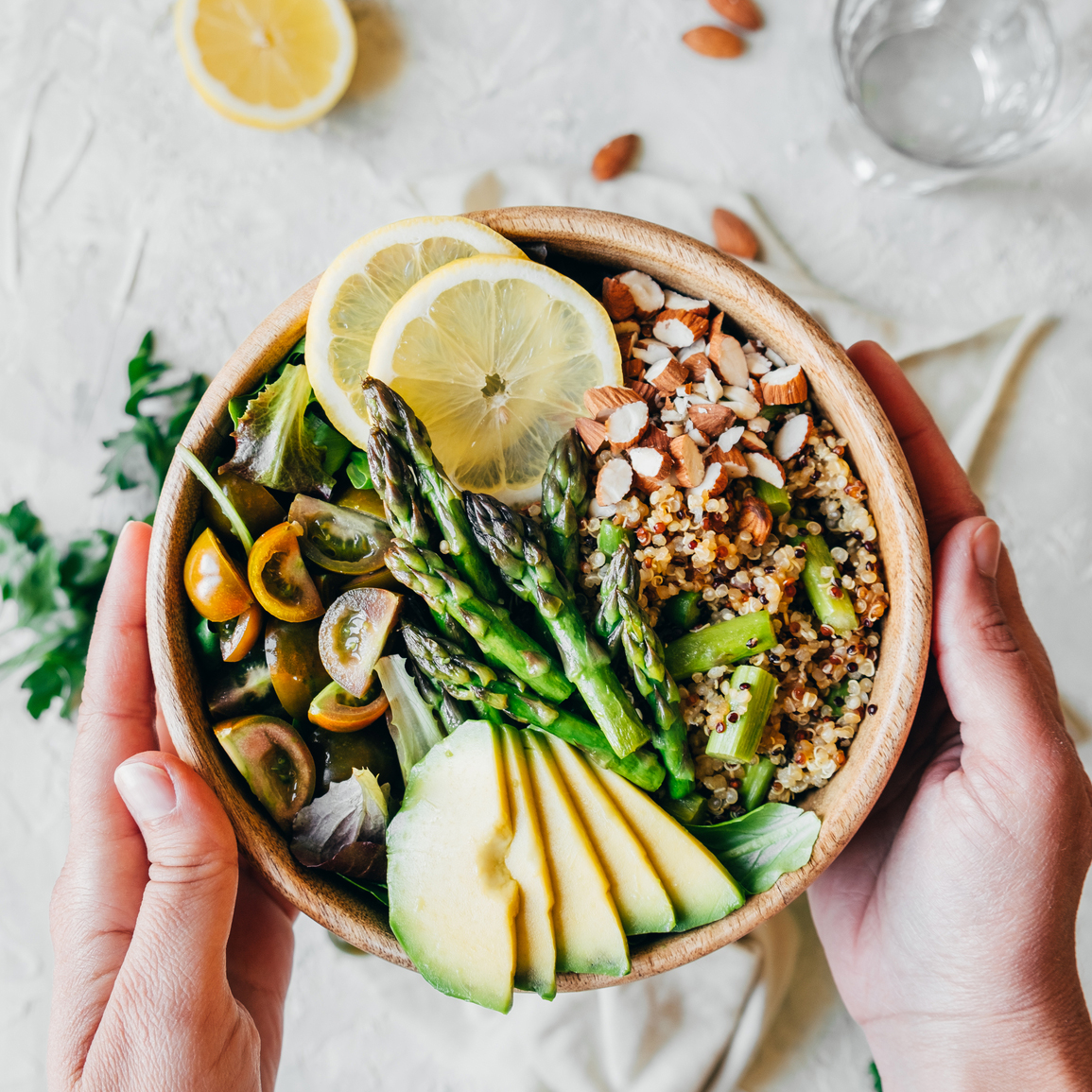 The Pros and Cons of Veganism, According to a Dietitian
The Pros and Cons of Veganism, According to a DietitianTracy Lockwood Beckerman, RD, weighs in.
By Kelsey Clark
-
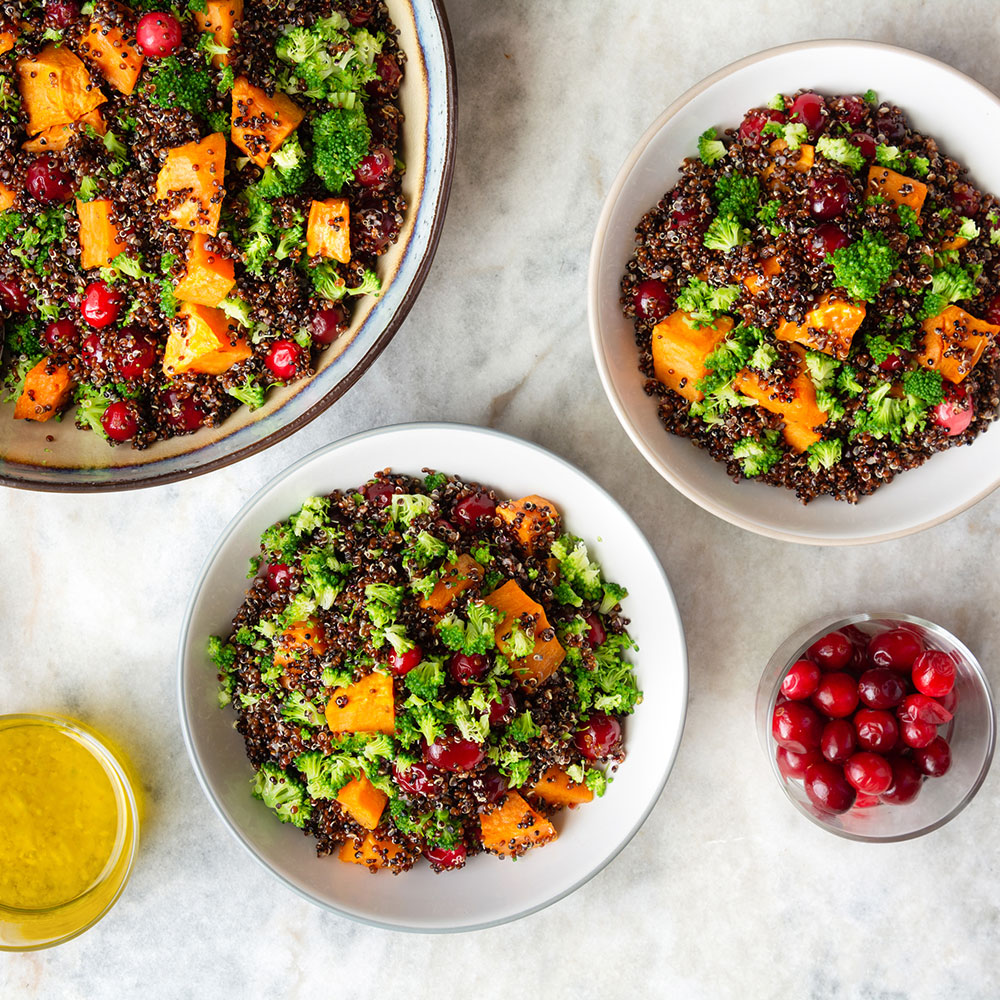 How Eating a Plant-Based Diet Changed My Relationship With Food
How Eating a Plant-Based Diet Changed My Relationship With FoodI learned a lot.
By Who What Wear
-
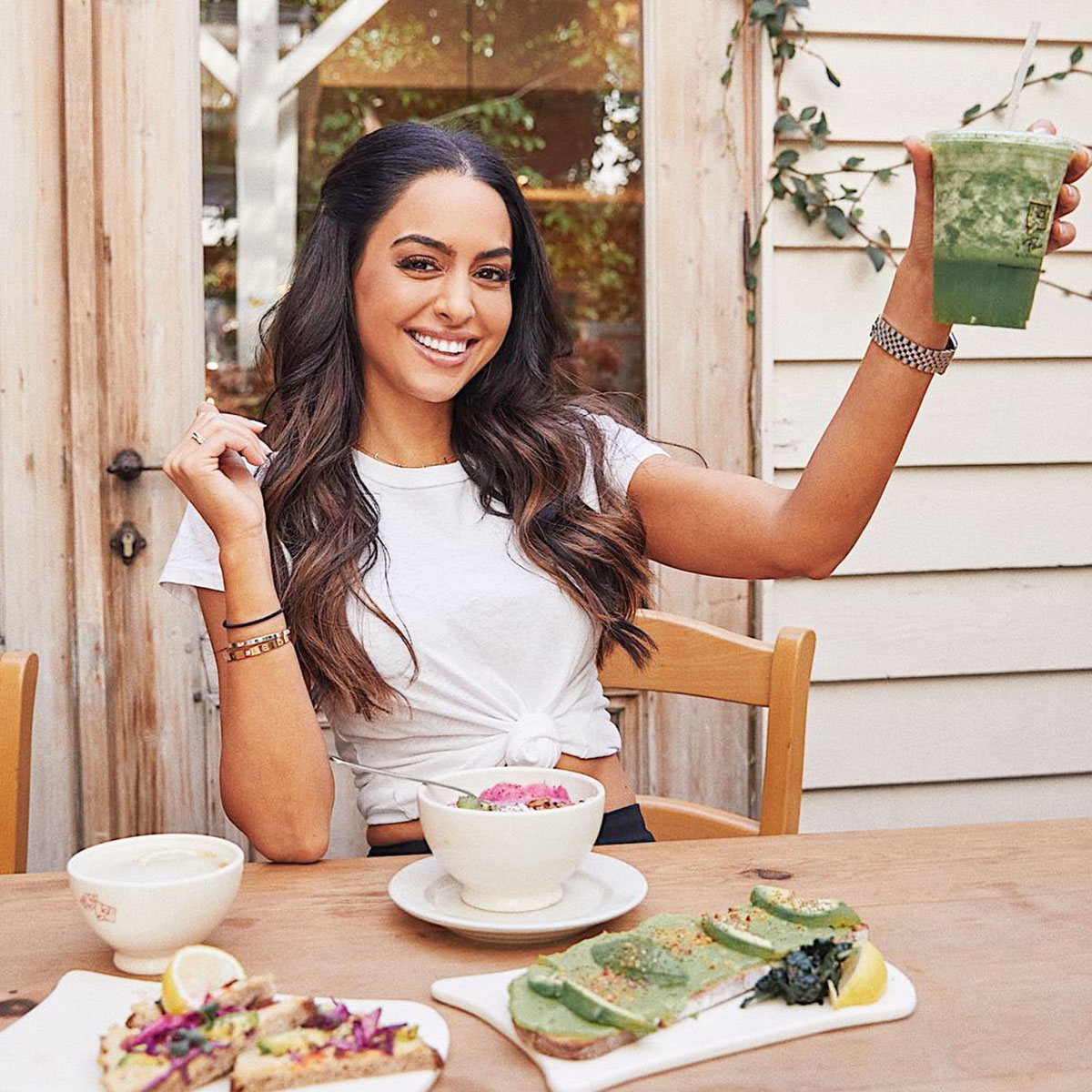 The Ultimate Vegan-Approved Grocery List
The Ultimate Vegan-Approved Grocery ListFor both the aspiring and veteran vegan.
By Stephanie Limiti
-
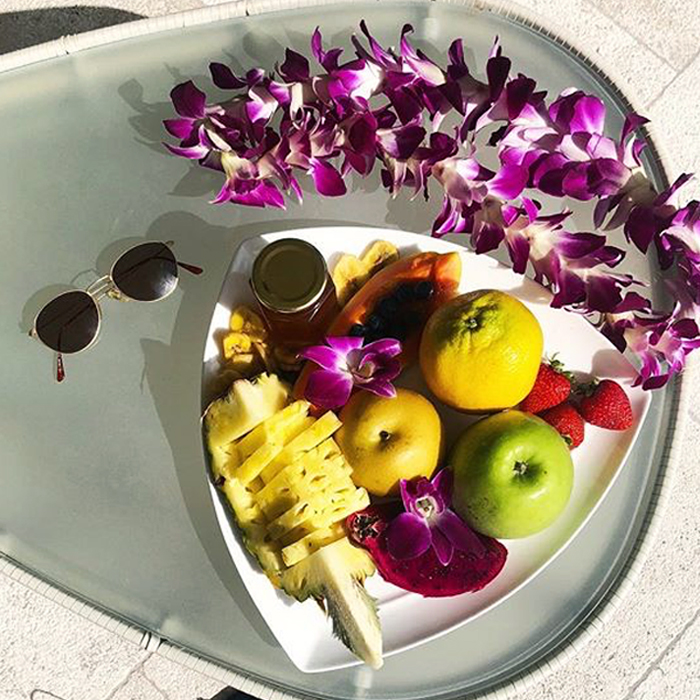 What You Need to Know About Going Vegan
What You Need to Know About Going VeganA nutritionist and a chef offer their easy tips.
By Amanda Montell
-
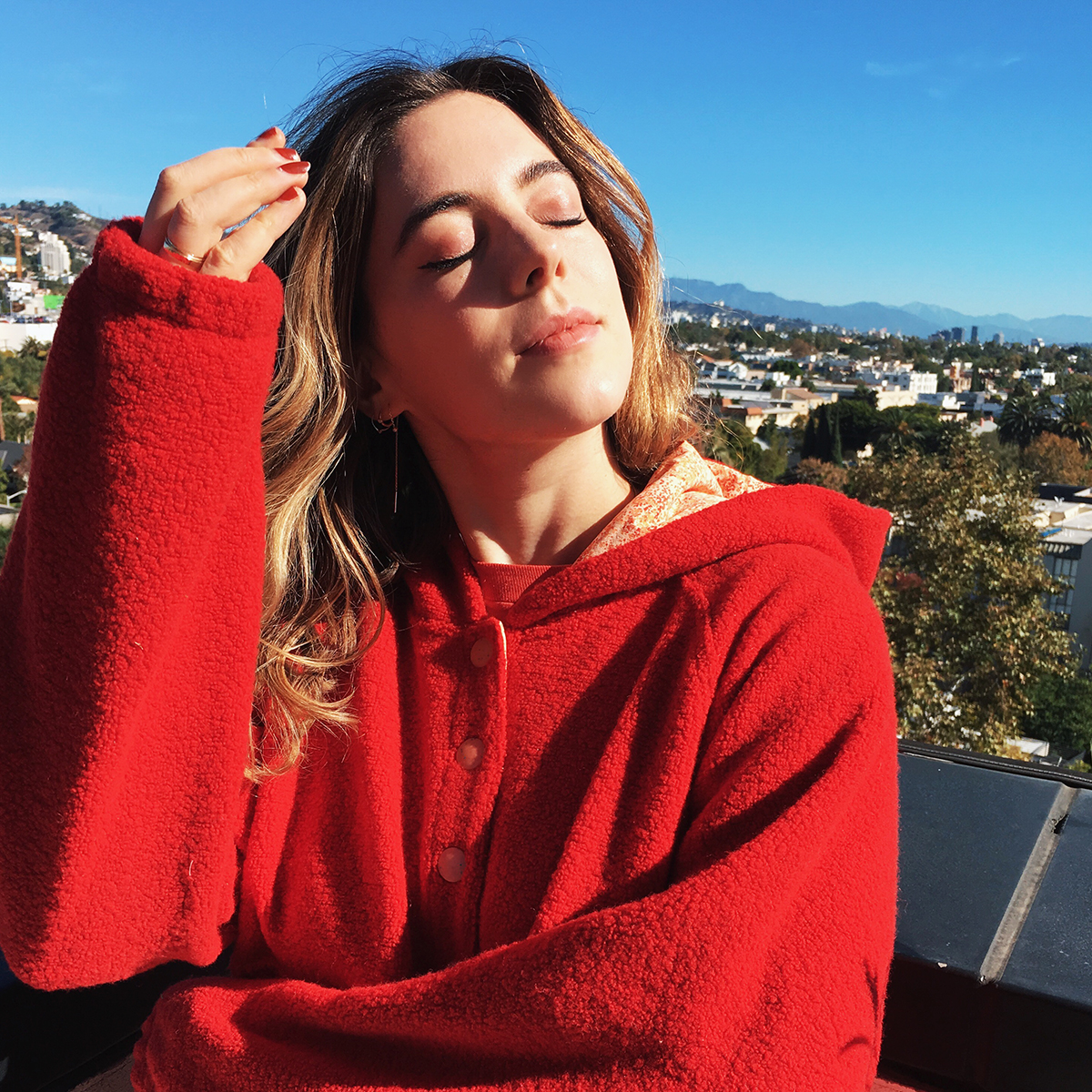 The Surprising Reason I Gave Up Veganism After 6 Years
The Surprising Reason I Gave Up Veganism After 6 YearsI'm feeling better than ever.
By Victoria Hoff
-
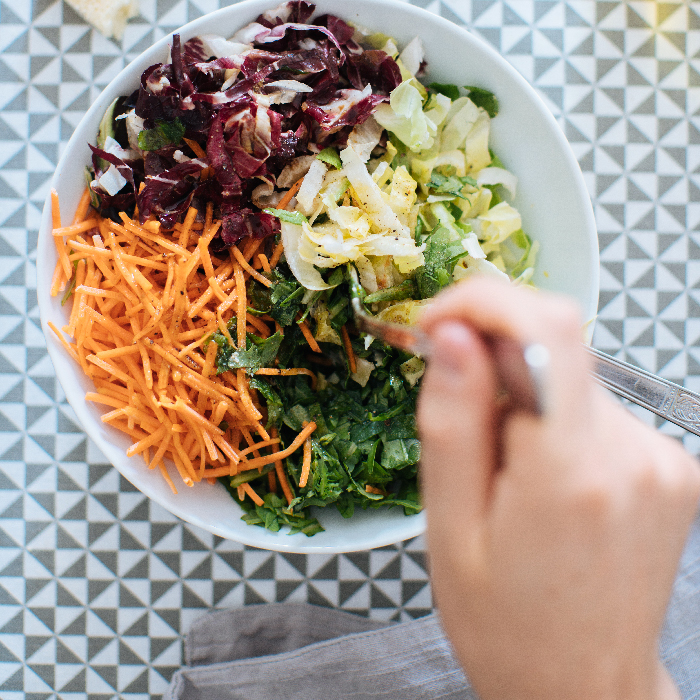 I'm an "80/20 Vegan," and I Think That's Okay
I'm an "80/20 Vegan," and I Think That's OkayControversial, I know. But hear me out.
By Amanda Montell
